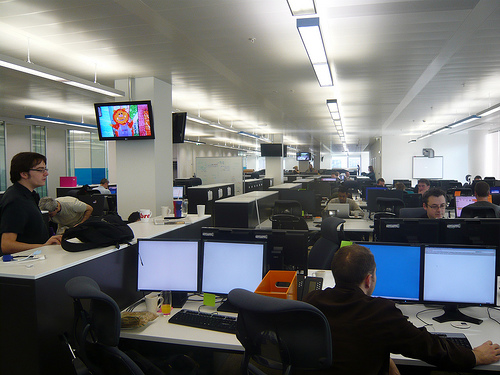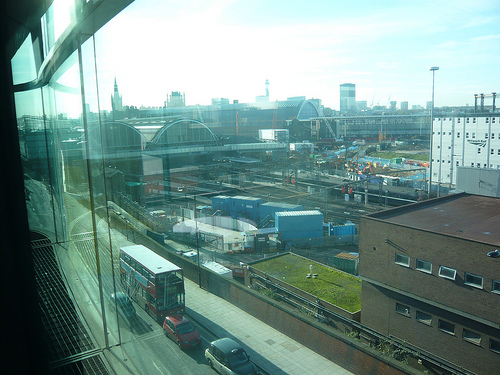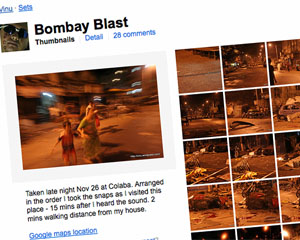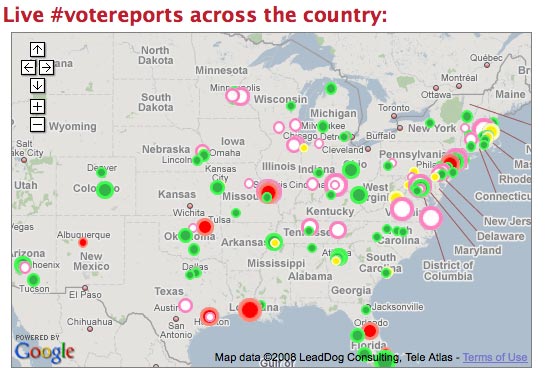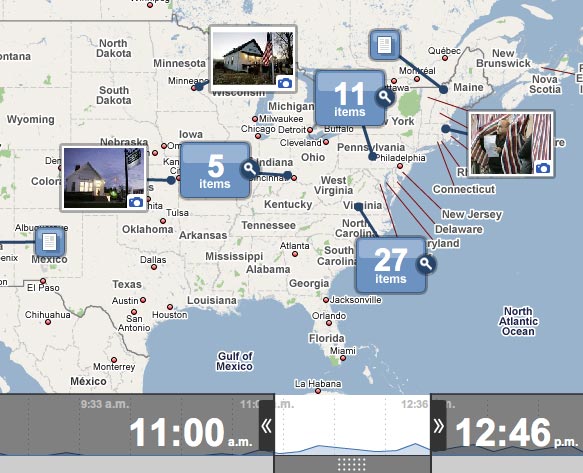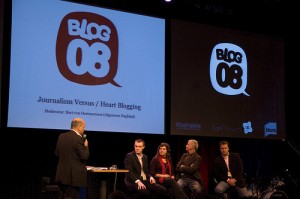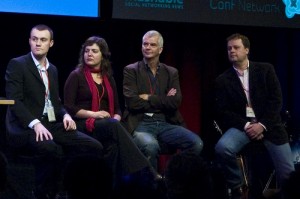Last week Etan Smallman won the first ever European blogging conference, the European Journalism Centre’s ‘Th!nk About It’ competition. Etan blogs at studentjournalist.wordpress.com. Photos from the finale can be viewed on his Flickr stream at this link.
For a country that is sneered at by almost all of its European neighbours for its remote, aloof and imperious attitude towards the European Union, I, a humble Brit, was pretty proud (not say totally shocked) to be crowned the winner of the first ever European blogging competition at its finale in Rotterdam this week.
What’s more, I was by no means the only Brit to triumph at the awards ceremony of ‘Th!nk About It,’ a competition that aimed to get young people talking about the European elections that took place to almost no other fanfare at all earlier this month. In all, four out of the five British participants took home awards – not bad for a country that was derided as ‘ignorant’ at the very same event.
When I sent off a brief email in December to apply to take part in the first project of its kind – a pan-European contest that I dubbed ‘the blogging world’s Eurovision song contest’ – I had very little idea of what I was letting myself in for. Five months, and 39 self-penned blog posts later, to my surprise and delight, I have won the entire competition, beating 80 other competitors from all 27 EU member states – and collecting a top of the range Mac laptop for my efforts.
In January, we all assembled in Brussels for a free trip to meet each other and launch the contest – organised by the European Journalism Centre (EJC), and part funded by the European Commission. They weren’t doing things by halves, with speakers including the BBC’s venerated Europe editor, Mark Mardell, and the FT’s Brussels bureau chief, Tony Barber.
Four-and-a-bit months on in Rotterdam, there was a mood of celebration. Wilfried Rütten, director of the EJC, said that the competition had achieved so much, he was embarrassed by its success. The EJC said it did not have any expectations at the outset and that the project had helped engage young people in European politics.
But aside from the back-slapping and self-congratulatory Euro-love on display in Rotterdam, how successful has the project actually been? This is where it gets tricky. The hard numbers are certainly impressive; these are a few that have been bandied about:
- Nearly 600 blog posts
- 2,316 comments
- Around 5,000 trackbacks from external websites
- Over 2.7m hits
- 14,000 Google links
However, the original figure of 81 bloggers taking part is actually one of the most damning. Despite a higher than 1 in 3 chance of coming away with a prize (ranging from iPhones to laptops and Flip cameras) – and two free trips on offer – a significant minority lost interest as soon as they returned to their home countries. Is that a desperate indictment of the EU and its ability to relate to its citizens? I’m inclined to conclude that it is more of a comment on the level of interest and commitment shown by some, who failed even to complete the minimum of one blog post per month to remain in the competition.
Turnout at the EU elections was horrendously low; but even the most ardent new media enthusiasts would be unlikely to claim that blogging should have changed that. A more important question is how many people from outside the Euro bubble actually popped their ear up against out blogging wall. My fear is that we were just an echo chamber; albeit a large, active and impressively innovative one.
However, compared to numerous EU inititatives in the new media arena, Th!nk About It was a roaring success. Its 2.7m or so hits in four months compare extremely favourably to the EU’s public flop of a European television station, EUTube, which notched up a dismal 2.2m viewers in the two years since its launch.
Charlie Beckett, director of media think tank POLIS, criticised the project several months ago: “Irrelevant of new media, I don’t think it is fair to expect bloggers talking in different languages in different media markets to cross boundaries and change political climates,” he said.
That is perhaps true, but nonetheless, actually getting representatives from every EU country talking together – and about the EU, of all things – is undoubtedly an ambitious start. And it does seem that this is only the start, as a quick glance at the current website will attest.
The site has undergone a quick re-brand since the awards ceremony, and the competition is now branded: ‘Round #1’. This could be just the beginning…

